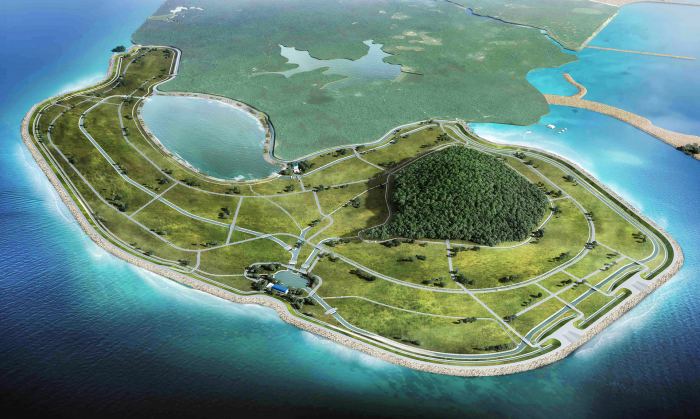From electric cranes, bulldozers, trucks and mobile battery containers to diesel-electric inland vessels and hydrogen-powered dredging with the crane pontoon Medusa 2: in 2023, Boskalis is involved in a large number of sustainability innovations for its equipment in the Netherlands.
Around the Netherlands, Boskalis Nederland is acquiring considerable experience with the deployment of hybrid and fully electric equipment. For example, two electric trucks are driving around the country, and two new 25-ton crawler cranes that can excavate entirely on electric power were recently commissioned. On the basis of the experience with the crane pontoons Medusa 2 and Kreeft – which operate their cranes electrically using generators and battery packs – the initial conclusion about the use of renewable energy sources can already be drawn: technically, a lot is already possible.
“Most importantly, we can achieve the same production levels with the electric-powered equipment as with the diesel-powered equivalent. The cranes on the Medusa 2 and the Kreeft can handle the same peak load,” says sustainability coordinator Kees Koejemans of Boskalis Nederland. “That’s valuable knowledge that we can use to move ahead. The biggest challenge is the availability of electrical energy; in many cases, charging at external locations is not possible. At this early stage, we are therefore restricted to work at our own locations in Schiedam, Alkmaar and Capelle aan den IJssel, for example, and we depend on our mobile 20-foot battery container.”
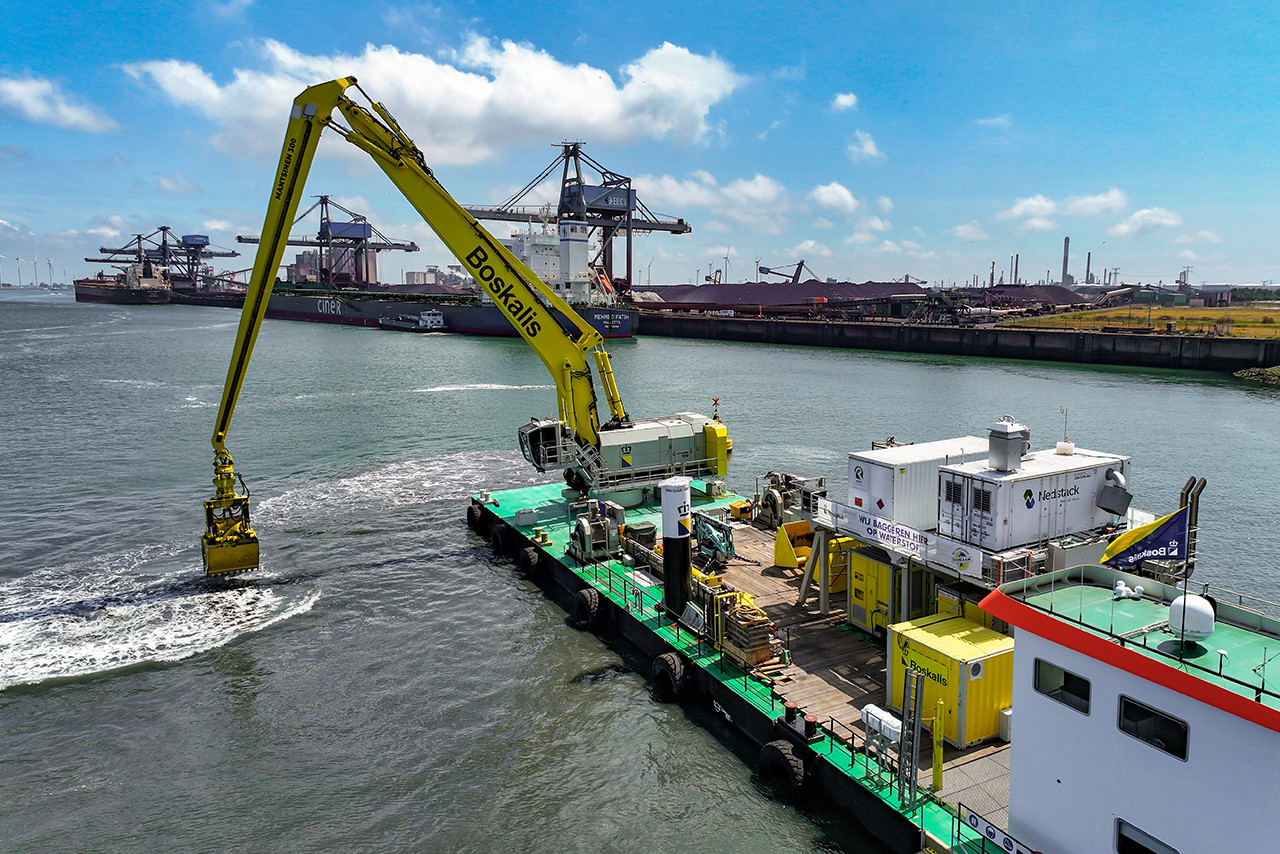
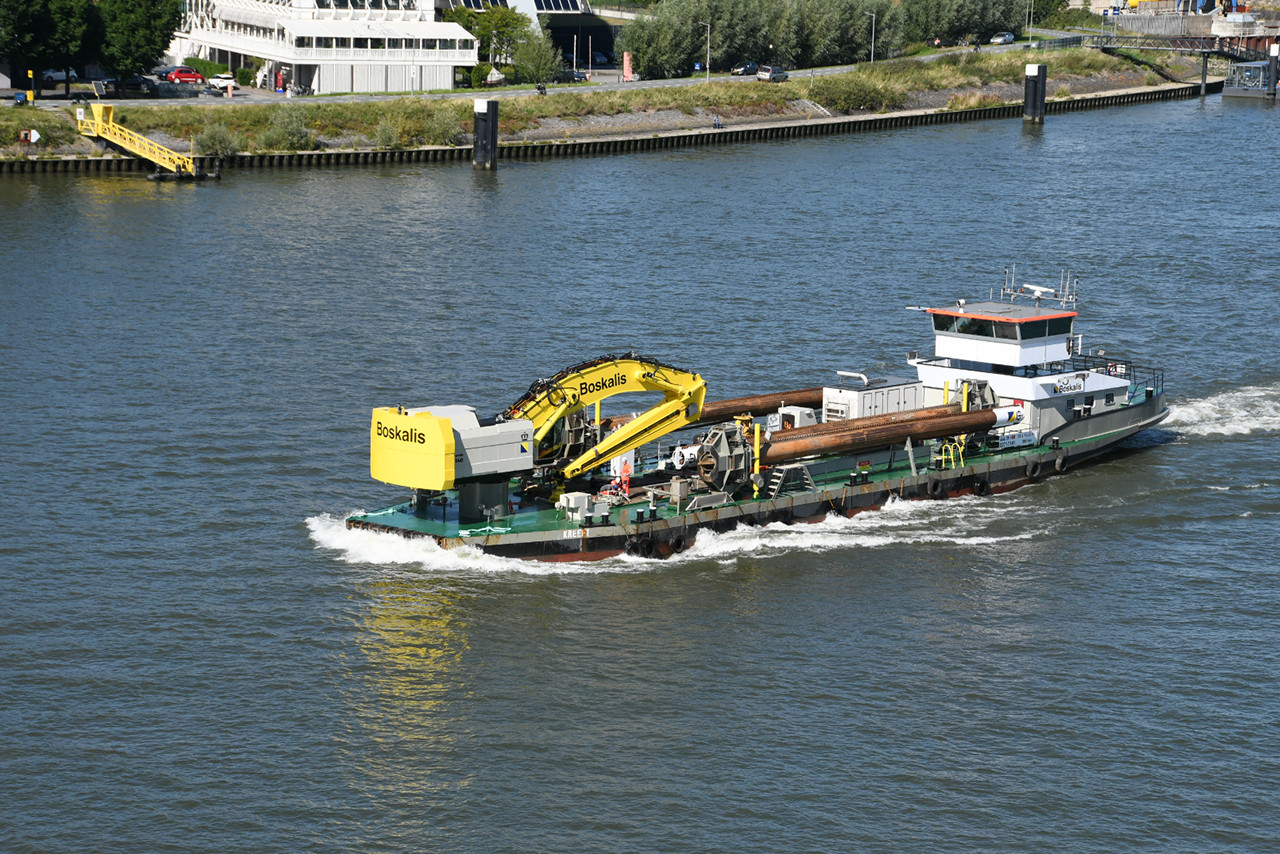
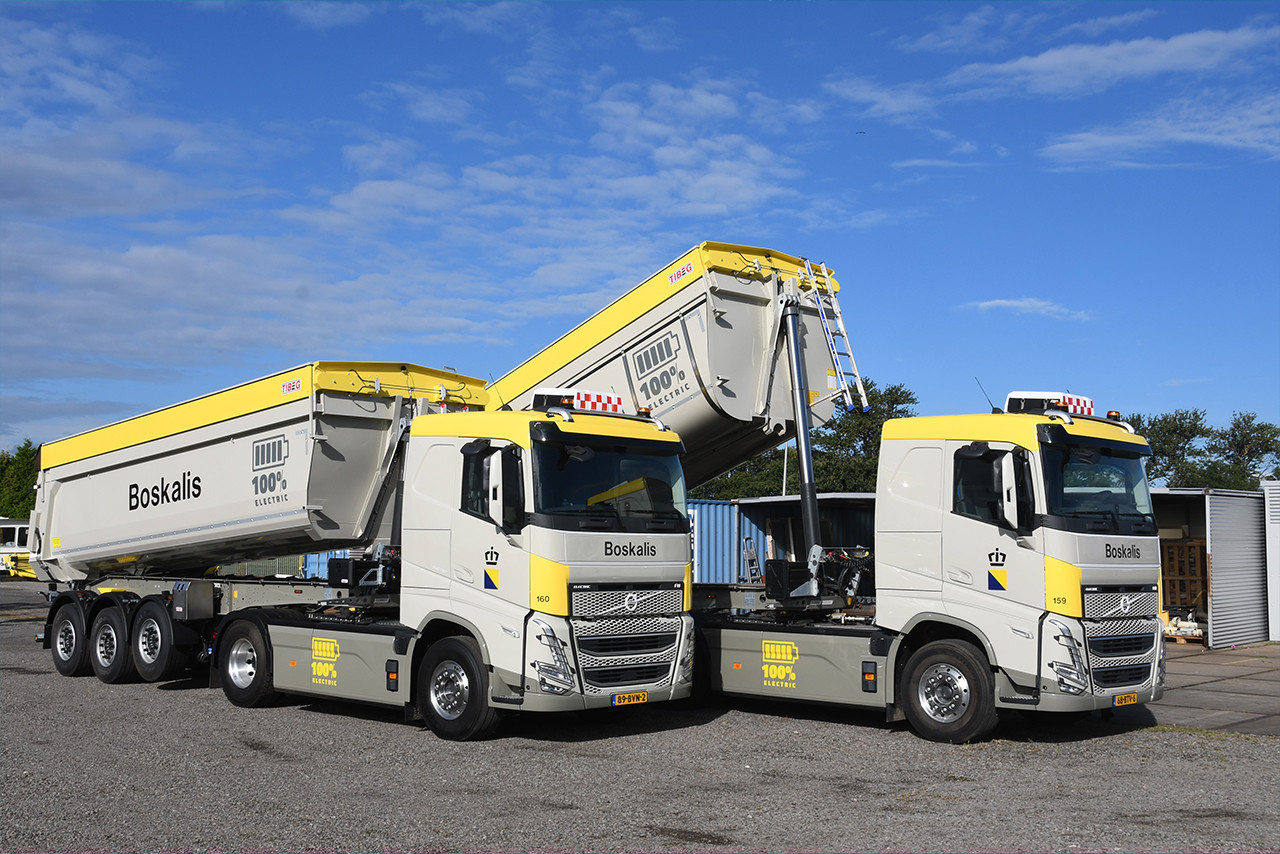
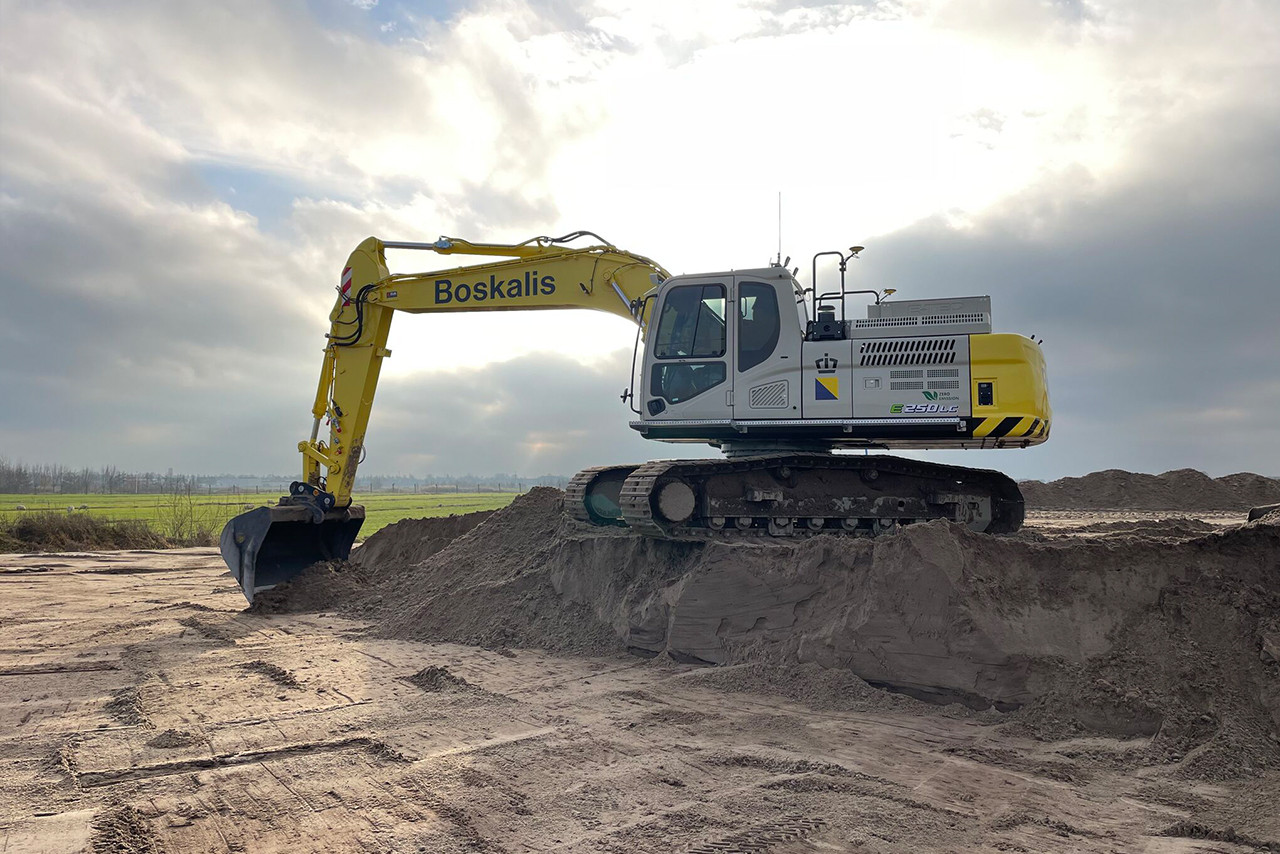
But that is changing. Charging points will be installed at strategic locations in the Netherlands in the near future for Boskalis equipment. This is particularly useful for the trucks and the 1,400 kilowatt-hour (kWh) mobile battery container, which in turn can power electric equipment on projects. “We can draw on the experience we acquire during our relatively small current projects to scale up. And when that time arrives, we’ll be able to move fast. With the current development of battery capacity, for example, you can see how fast progress is. By comparison with two years ago, a battery can now store 20 percent more energy: that’s a big difference. And so you can fit more and more energy into the same storage space. That boosts the range and makes it more and more interesting to use these sustainable options more. And we are well on track to keep up with that development as a company as well,” says Jan Willem Horstman, manager of the Technical Services department of Boskalis Nederland.
Modular
This makes Boskalis Nederland – and the Netherlands in general – an important testing ground for future developments with the electrification of equipment. Big steps are also being made in the field of alternative fuels, as evidenced by Boskalis’ participation in a large number of research and pilot projects in that area.
With the fleet in mind, an interesting pilot project is taking place in North Holland. An inland vessel owned by a Boskalis Nederland subsidiary has been fitted out with a battery pack that allows it to transport sand using diesel-electric power between projects in and around the Markermeer lake and the discharge location in Schagen. Particularly when the vessel is sailing in populated locations, it can switch to electric power, cutting emissions and noise.
Koejemans: “As far as the dry earthmoving equipment is concerned, we’re still more at an early stage and we’re running into logistical constraints here: large amounts of electricity are not available everywhere.” Moreover, operating electric equipment requires new skills from users such as crane operators. “By using the equipment in the right way, you can get fifteen to twenty percent more out of the battery than if you just leave it running at full power all day,” explains Horstman on the basis of the data. “When we hand over the electric equipment to our colleagues, they need to have completed training with the systems. Knowledge, commitment and discipline are vital to achieve the projected energy savings.”
The experience from recent years provides Boskalis Nederland with an advantage for future projects. The benefit of electrically powered equipment – with the associated software – is that the process can be monitored perfectly. Koejemans: “That’s why all these pilot projects are so important. Because even though the savings on a project as a whole may seem limited, the knowledge we pick up is invaluable for the entire organization.”
